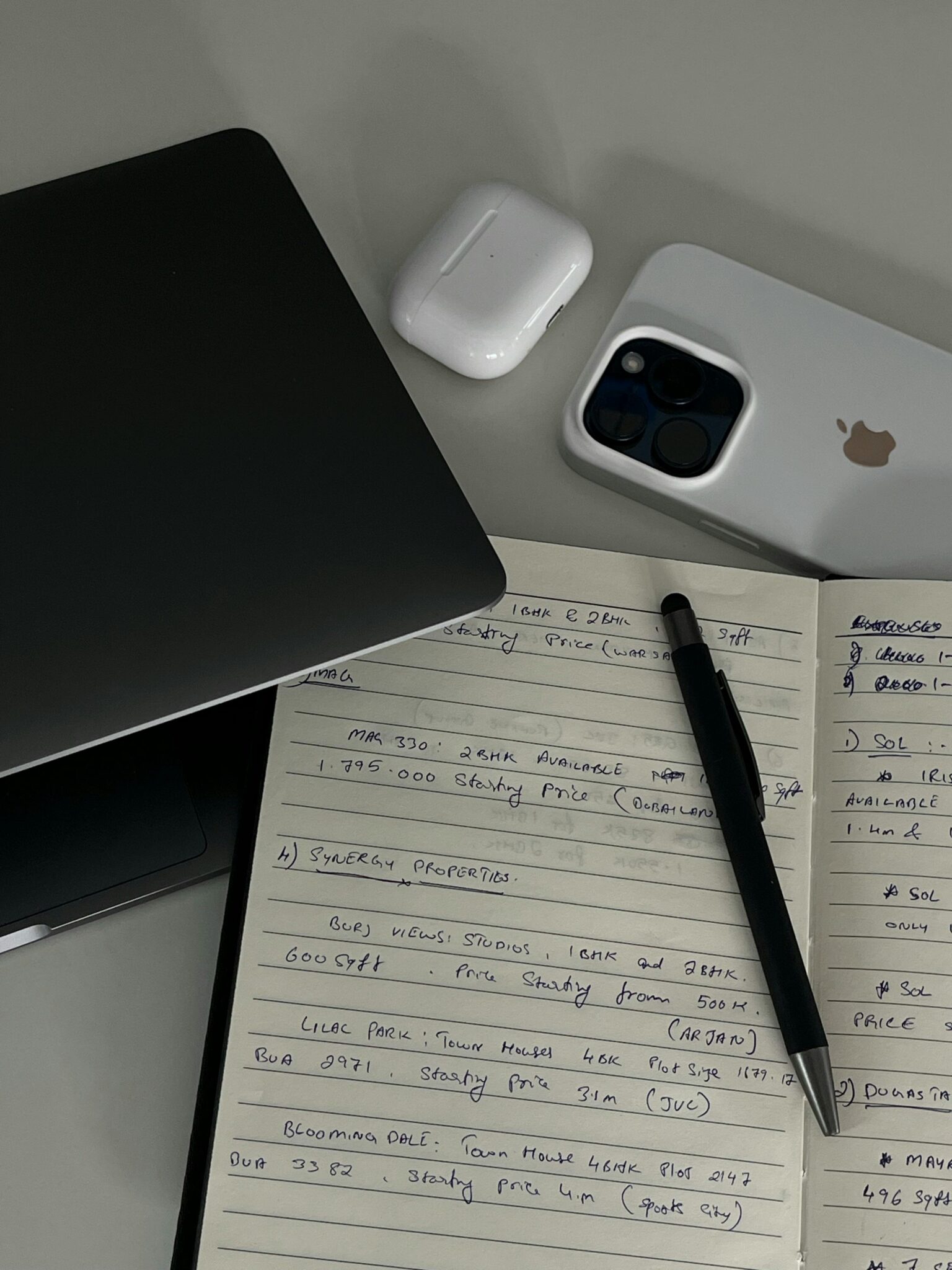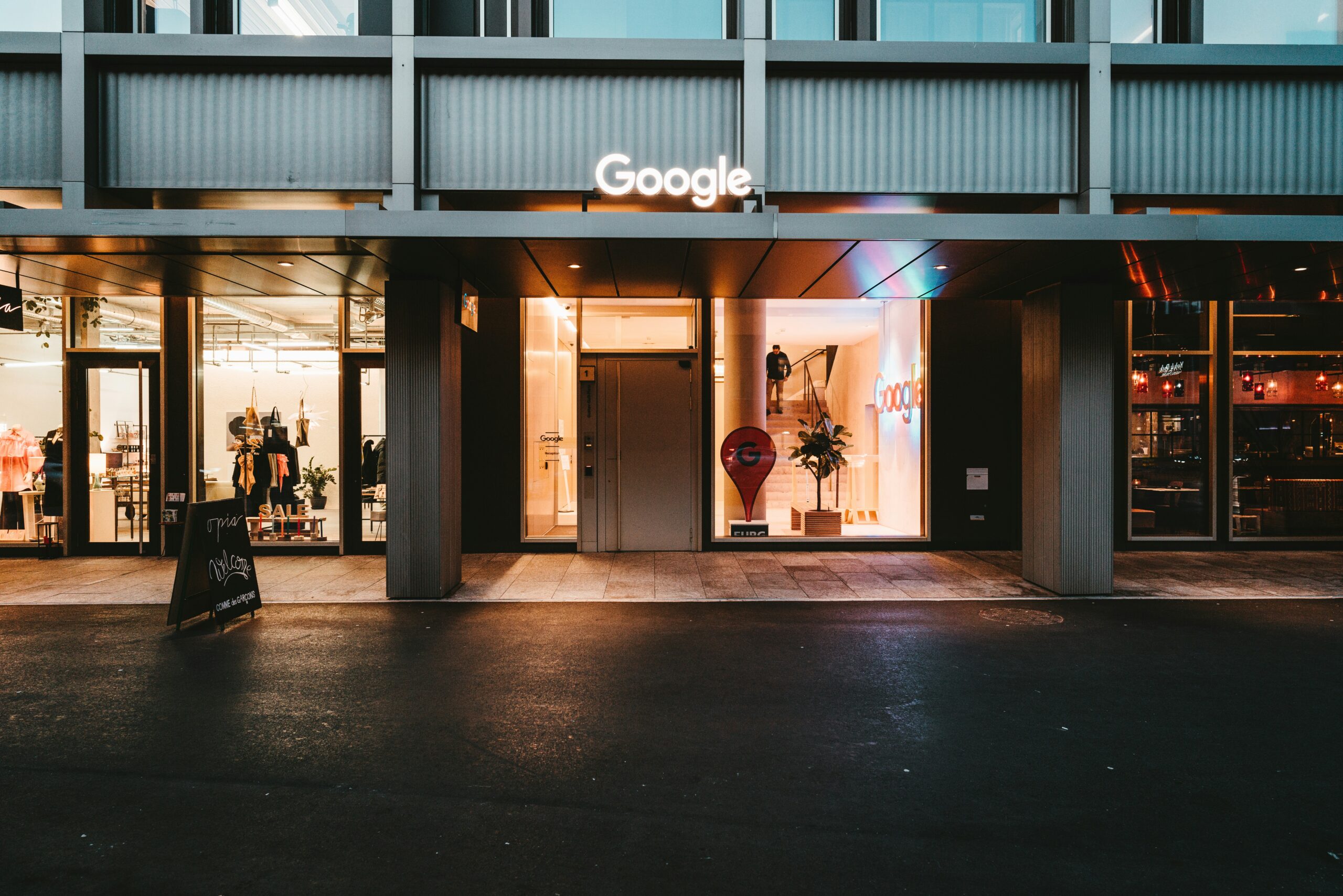Apple is suing tech YouTuber Jon Prosser and alleged accomplice Michael Ramacciotti for what it calls a calculated scheme to steal and leak unreleased iOS 26 features, and the details read like a Silicon Valley spy movie.
According to a lawsuit filed in Northern California, the pair is accused of cracking into a confidential Apple development iPhone, with Apple alleging they used personal connections, secret passcodes, and even video calls to pull it off.
Here’s the gist: Prosser, who runs the popular YouTube channel Front Page Tech, allegedly enlisted Ramacciotti to access sensitive Apple info using inside help from engineer Ethan Lipnik. Ramacciotti, Apple says, used Lipnik’s passcode and location to gain physical access to a dev device loaded with what was then iOS 19, now iOS 26, and livestreamed the findings to Prosser.
Related: Apple is Dropping $500 Million to Build a U.S. Magnet Supply Chain
Not just that, Apple claims Ramacciotti sent Lipnik an audio message essentially confessing the whole thing, laying blame squarely on Prosser. The tech giant also says Prosser wasn’t just peeking; he was recording, creating renders, and publishing leaks for his YouTube audience, including previews of redesigned apps and Apple’s new “Liquid Glass” interface.
And this wasn’t some innocent sneak peek. Apple says Prosser profited from the views, knowingly broke confidentiality, and essentially monetized stolen trade secrets.
Prosser, for his part, denies plotting anything illegal. He insists he didn’t know how the information was obtained and had no passwords or direct involvement in phone access. Still, Apple isn’t buying it. They want damages and a legal ban to stop any future leaks.
Lipnik, the Apple engineer in the middle of it all, has since been fired, partly for failing to report the breach in time. But Apple’s real fear? That even more unreleased features may now be floating around. They warned in their filing that “other unannounced design elements” from the development iPhone could still leak, which might jeopardize future product launches.
The bottom line from Apple: Prosser and Ramacciotti weren’t just breaking the rules; they were profiting off the breach, turning Apple’s secrets into YouTube content and ad revenue.







